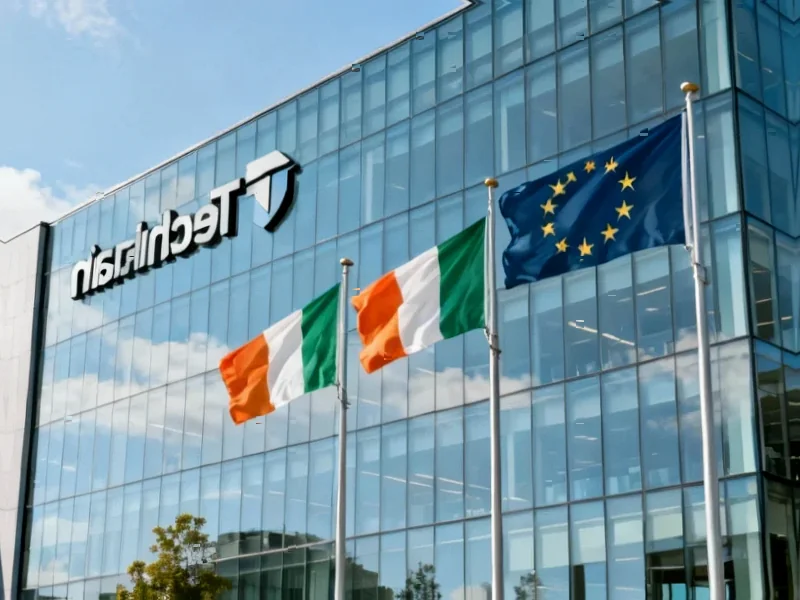According to Silicon Republic, German fintech startup Payrails is opening a new Dublin office that will create 50 jobs over the next three years. Founded in 2021 and headquartered in Berlin, the company provides payment services across 200+ countries. Irish Minister Peter Burke welcomed the investment, while co-founder Orkhan Abdullayev called Dublin “an ideal hub” for European expansion. The move follows Payrails’ hiring of former Stripe executive Edward Moore as chief revenue officer earlier this year.
The Dublin gambit
Here’s the thing about Payrails’ Dublin move – it’s not just about hiring talent, though Ireland’s fintech ecosystem certainly offers that. This is fundamentally about getting closer to European merchants. When your entire value proposition revolves around being “more responsive, more collaborative and more effective,” you can’t do that from a single Berlin headquarters. The physical presence matters, especially in enterprise sales where relationships drive everything.
And let’s talk about that Edward Moore hire for a second. Bringing on a former Stripe global payments sales head just months before announcing your Dublin expansion? That’s not coincidence. That’s strategic positioning. Moore knows the European payments landscape intimately, and his comments about enterprises needing “flexibility, control, and performance” suggest Payrails is targeting the exact pain points that larger payment processors often miss.
The European chess game
Payrails is essentially playing a regionalization game against global payment giants. While companies like Stripe and Adyen operate at massive scale, there’s always room for specialists who can offer deeper local integration and support. Payrails’ strategy seems to be: we might not be the biggest, but we can be the most attentive.
But here’s the question – can 50 people over three years really move the needle in a competitive European payments market? Probably not if they’re spread thin. The key will be whether Payrails focuses those resources on specific verticals or regions where they can dominate. The “deepen merchant relationships” language suggests they’re thinking about quality over quantity of connections.
Basically, this Dublin office represents the classic startup expansion playbook: establish beachhead in strategic location, hire local talent who understand the market, and build from there. The real test will be whether those 50 roles translate into meaningful market share gains against established players who aren’t exactly standing still.





Thank you for your sharing. I am worried that I lack creative ideas. It is your article that makes me full of hope. Thank you. But, I have a question, can you help me?
Can you be more specific about the content of your article? After reading it, I still have some doubts. Hope you can help me.